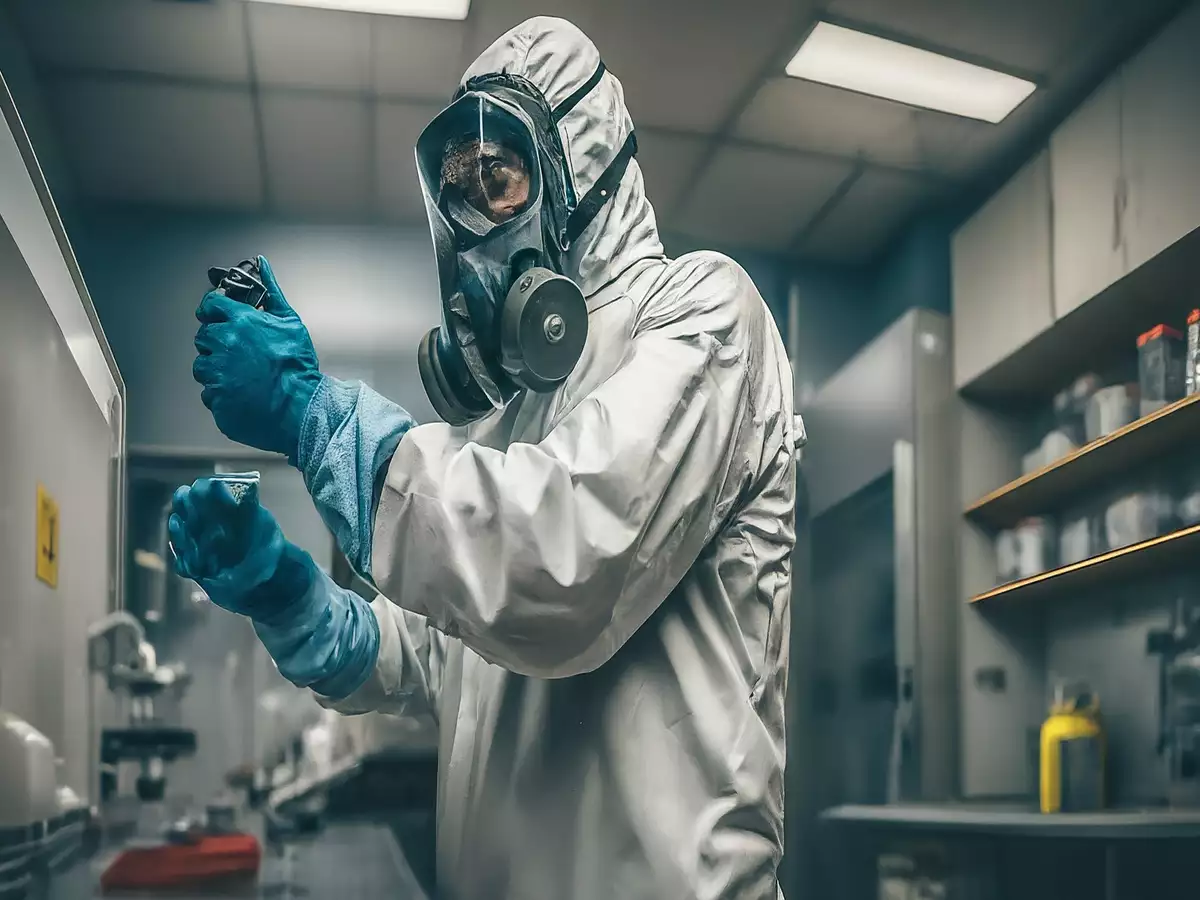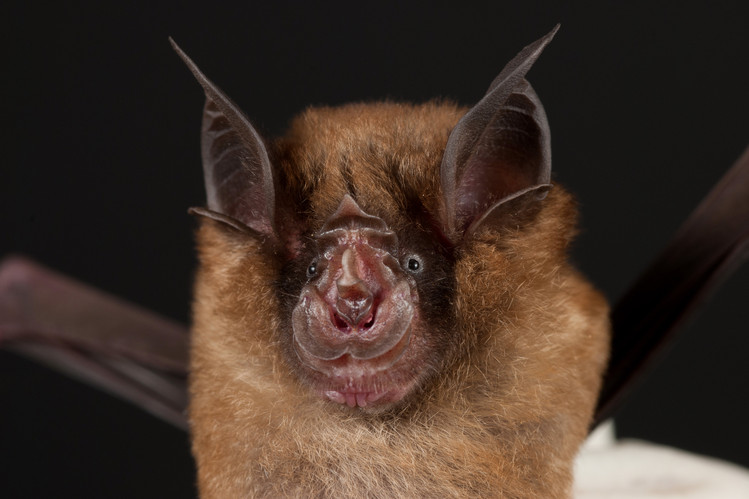A recent discovery in China has sparked concerns about the possibility of another pandemic. Researchers have found a new bat coronavirus, named HKU5-CoV-2, which is similar to SARS-CoV-2, the virus that causes COVID-19.
The new virus targets the same human receptor, angiotensin-converting enzyme (ACE2), raising concerns about potential human-to-human or cross-species transmission.
What Do We Know About HKU5-CoV-2?
The research team, led by Zheng-Li Shi, also known as the “batwoman,” found that HKU5-CoV-2 can infect human cells, as well as artificially grown lung and intestine tissues.
This has led to worries about the potential for zoonotic risk, which refers to the transmission of diseases from animals to humans.

The study, published in the scientific journal Cell, highlights the importance of continued research into bat coronaviruses and their potential to infect humans.
How Worried Should We Be?
Dr. Marc Siegel, a clinical professor of medicine at NYU Langone Health, notes that while the discovery of HKU5-CoV-2 is concerning, the risk of it causing a pandemic is currently “very low.”
The virus is weaker and less powerful than SARS-CoV-2, and its ability to bind to human receptors is not as strong. However, Siegel emphasizes the importance of continued research and preparation for potential pandemics, without giving in to fear.
The Importance of Global Cooperation
Siegel suggests that an international consortium of scientists could be established to provide global protection against potential pandemics.
This would involve sharing research and information, rather than working in secrecy. By working together, scientists can better understand the risks and take steps to prevent the spread of diseases.
What’s Next?
While the discovery of HKU5-CoV-2 is a reminder of the ongoing risks of pandemics, it’s also a step in the right direction. By continuing to research and understand bat coronaviruses, scientists can better prepare for potential outbreaks and work towards global protection.
As Siegel notes, “The COVID pandemic is the worst in a century, but it doesn’t mean another is about to happen from bird flu or this or anything else.”
With continued research and cooperation, we can reduce the risks and stay ahead of potential pandemics.

